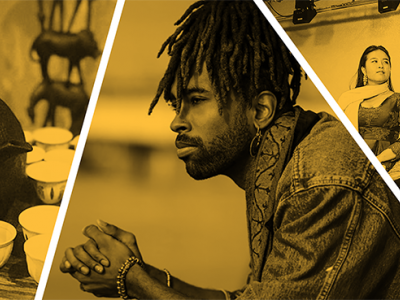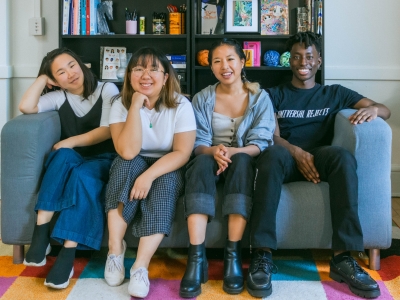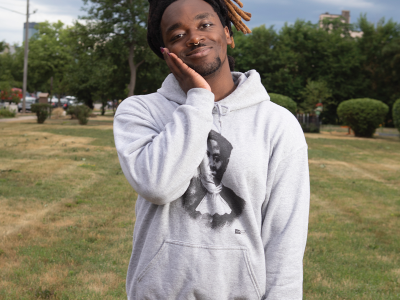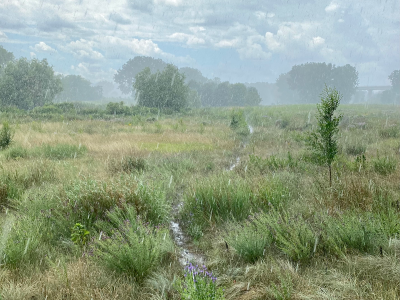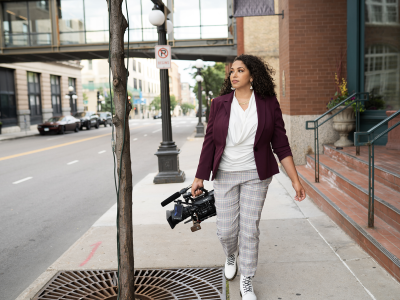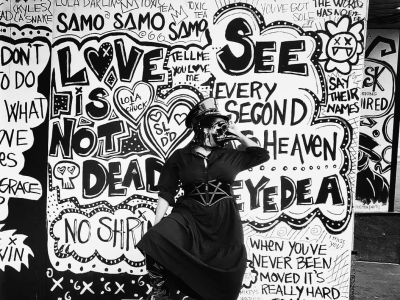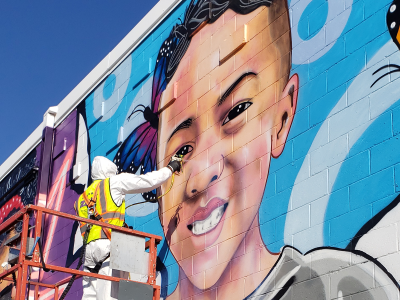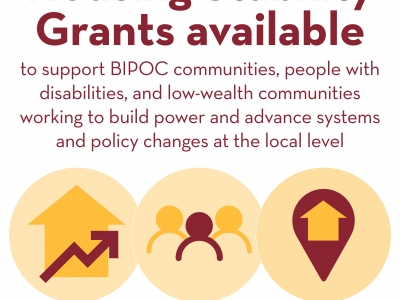CURA’s Artist Neighborhood Partnership Initiative (ANPI) provides small grants to artists of color and Native artists working in neighborhoods in Minneapolis, St. Paul and the surrounding suburbs. ANPI grants recognize the valuable role that artists and the arts play in the work of fostering neighborhood wellbeing, and are intended to support the leadership of artists in these efforts. This grant program is particularly focused on directly funding individual artists or groups of artists working to build a more equitable Twin Cities.
